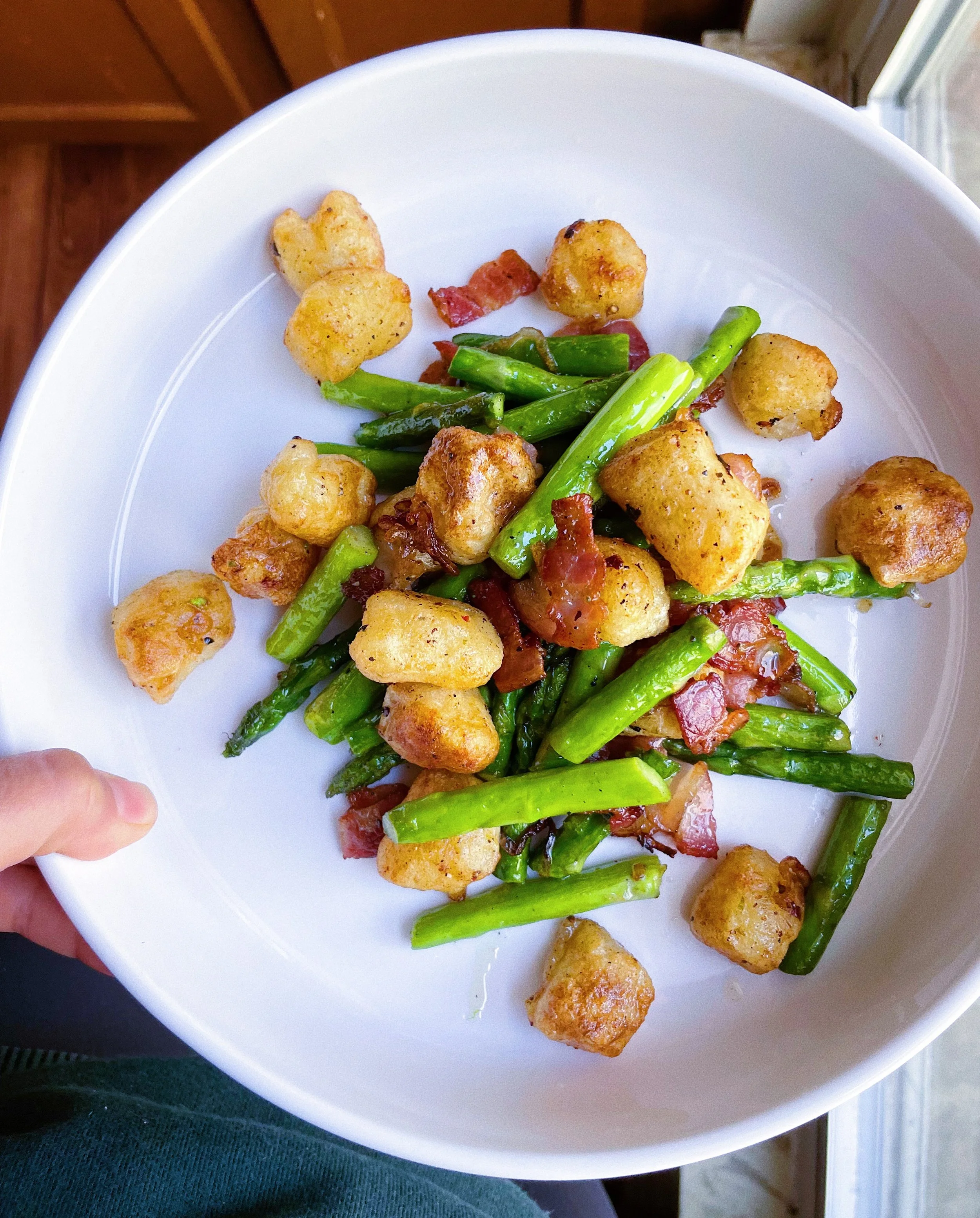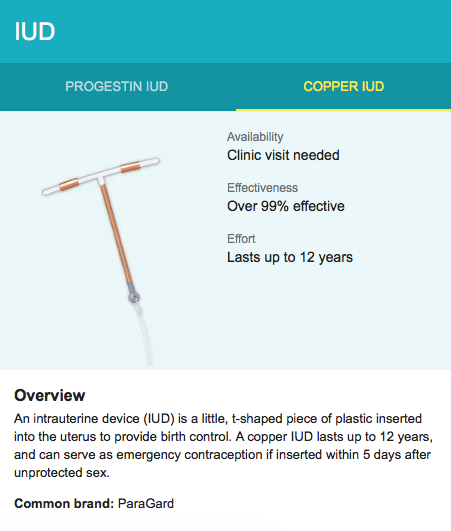What’s up with us humans and water? Why is it so hard for us to drink enough, even though it’s our lifeline? Many of my clients are not drinking enough water and it’s usually one of the first things we work on. Guess what they come back telling me? Their energy is better! Fewer headaches! Less brain fog! Better digestion!
I believe one of the big problems is how hyperpalatable (and usually sweet) we’ve made most beverages today. Why drink plain boring old water when you could drink fruit juice or a vanilla latte or something else much more appealing to the taste buds? These things CAN contribute to our overall hydration, but I count how much water you drink in terms of just plain water.
Most of us are chronically dehydrated and we don’t even realize it. Here are some symptoms of chronic dehydration (1):
Fatigue
Constipation
Dry skin
Headaches
Brain Fog
Muscle weakness
Dizziness
Staying well hydrated keeps everything moving - it keeps joints lubricated, it aids in digestion, prevents constipation and helps flush toxins out of the body. Often the cure for a headache is water. It keeps our brains happy. It maximizes our physical performance. Bottom line: we’ve gotta start hydrating ourselves properly.
“In a study of young women, fluid loss of 1.36% after exercise impaired both mood and concentration, and increased the frequency of headaches. Another similar study, this time in young men, showed that fluid loss of 1.59% was detrimental to working memory and increased feelings of anxiety and fatigue. (2)”
A common question I get is, how much water should I be drinking? A general rule of thumb is half your body weight in ounces. If you’re active or live in a hot area, it’s likely you’ll need more. I usually aim for at least 64 ounces. And I mean straight water - not including coffee or tea or fruits and vegetables (thought all those things DO contribute to hydration levels). I say that simply because people start to bargain with me about what counts as “water”. Just drink water, straight and plenty of it.
I highly recommend choosing a cup or water bottle that you know the size of and find a way to track your water intake - you can do this mentally, on your phone or any other way that helps you remember. If I’m at home I like to use 32-ounce mason jars - that way I know I have to drink at least two of those to meet my daily water requirements. If I’m out and about I use my water bottle, which is 16 ounces and I know I need to drink at least four of those. I’m pretty good with mental tracking, so that’s what I do, but do whatever works for you!
It will take some practice, but as you start increasing your water intake, I promise you’ll notice the benefits. It will also become easier to drink more and more water. Give it a go! Cheers!
PS - I’m not going to get into water quality here, but you can read more about it in another post I wrote. I’m also linking my favorite water filter pitcher to ensure your water is the cleanest it can be.
























